Spontaneous Remission
The self who begins the cancer journey is often very different from the self who comes out on the other side. Cancer is something - of course - that no one wants to have. I know I did not want to have cancer. I was terrified one day and angry the next. With cancer came great loss physically (my hair, chemotherapy, radiation effects, organ removed) as well as mentally (concepts, beliefs, ego). Cancer implored me to surrender physical and mental pieces- pieces I previously believed were "me". Cancer invited "me" to break open, question, discard and grow. Healing
As a culture, we largely live in the illusion that all can be explained by what we can taste, touch, smell, hear or see. That's materialism at its finest- show me. Prove it. We believe we have control over things, especially our own bodies! However, a serious illness like cancer helps us to see that we actually don't have control, most of the time. IF we are lucky we open to this break - as much as we can stand it- we stay present and do that which is being asked of us; we just put one foot in front of the other and show up. This doesn't mean we don't try to get better, it means we absolutely do, but paradoxically surrender to the alchemical process. Like Alice, we follow the white rabbit...down the rabbit hole in search of answers, healing and the truth.
Remission
We have all heard stories of people who have lived through cancer treatments and reached remission, or live with, and manage a chronic form of cancer. Sometimes people die just after diagnosis, others after years of treatment. We may have also heard of- what is termed as a "spontaneous remission" (SR)- a remission which comes about seemingly out of nowhere, from nothing, without treatment (see Anita Moorjani's story, "Dying to be me"). The spontaneous remission can be difficult to integrate (believe). Additionally many western educated professionals frankly feel uncomfortable recognizing, believing or talking with their patient's about "spontaneous" remission. Obviously it would be quite difficult to do a controlled study on this outcome "to prove spontaneous remission". SR borders somewhere between myth (like Bigfoot) and the mystical (God). The unexplainable and the mystical are two things that tend to make most human beings, especially westerners and classically trained medical model folks, fairly uncomfortable.
Noetic
Caryle Hirshberg, a biochemist and co-founder of the remission project at the Institute of Noetic Sciences (IONS), has been researching cancer cases of spontaneous remission since 1985. IONS now has the largest collection (3,500) of medically reported, documented, remission cases. Hirshberg discovered during her long search, which included detailed reviews of the psychological and medical literature, patient interviews, physician interviews, and other resources, that there is no one thing that heals everyone.
Healing is individual for all people, and healing does not always mean a physical healing. An ill person has to find what is true for them, their truth, and understand what this illness may wish to communicate. After years of research, Hirshberg's final conclusion was borrowed from Shakespeare, "and this above all, to thine own self be true."
Hirshberg explains that the remission stories she heard were all very different. What helped to heal one person would likely be irrelevant for another, but in listening to multiple stories she began to see a common thread. For each person, it is a journey of self discovery. For each person, there is a time of tension, confusion, and even terror.
A colleague of Hirshberg's, Hans Schilder, focused his research on the psychological aspects of spontaneous remission cases. Schilder found that "prior to a spontaneous remission", patients got "in touch with something ‘essential' to them".
In one case, a woman with non-Hodgkin's lymphoma had been suffering a traumatic divorce and shared with the researcher that she felt like she had literally been "swallowing everything." She received chemotherapy and after three months, the tumors did not decrease, they increased in size and so did her pain. The doctors then recommended more chemotherapy...
The woman decided she needed to take a vacation first and go on a mountain trip with a new friend. While on vacation, this "new friend" left her alone for several days, and in the words of the patient, "the way he did it was unacceptable."
The woman resolved to find her way down the mountain on her own!! For three days, she was alone and walking, but she reported that during this time she began to feel her anger dissolve. She later realized that she had forgotten to take her pain medicine, and noticed that her pain had significantly decreased. She also noticed her belly felt differently, and it was later confirmed, by her doctor's palpation and by ultrasound, that the tumors in her abdomen had decreased.
There is no one single mechanism that healed - or was healing for of Dr. Schilder's patients or Hirshberg's remission cases. Dr. Schilder said, "It's not what they do, I think, so much as who they are. But in these patients, the self who begins is a different self than the one who comes out of it".
Healing is individual for all people, and healing does not always mean a physical healing. An ill person has to find what is true for them, their truth, and understand what this illness may wish to communicate. After years of research, Hirshberg's final conclusion was borrowed from Shakespeare, "and this above all, to thine own self be true."
Love and Light,
Dr. Regina

